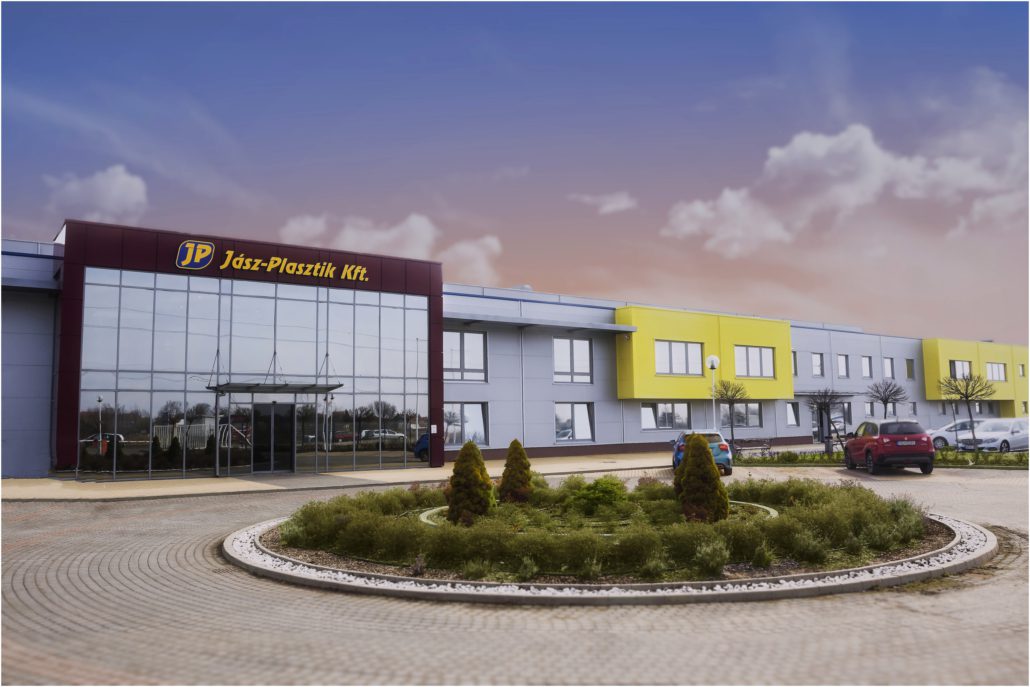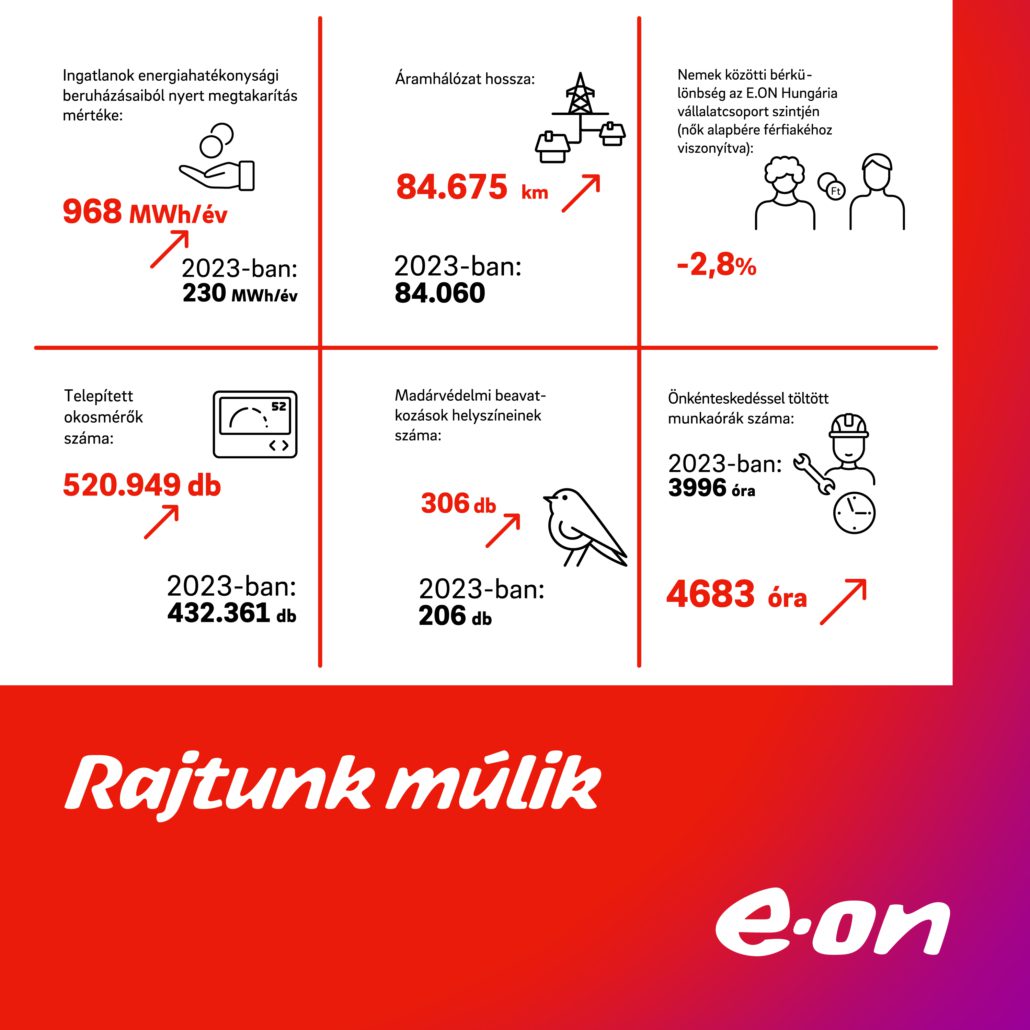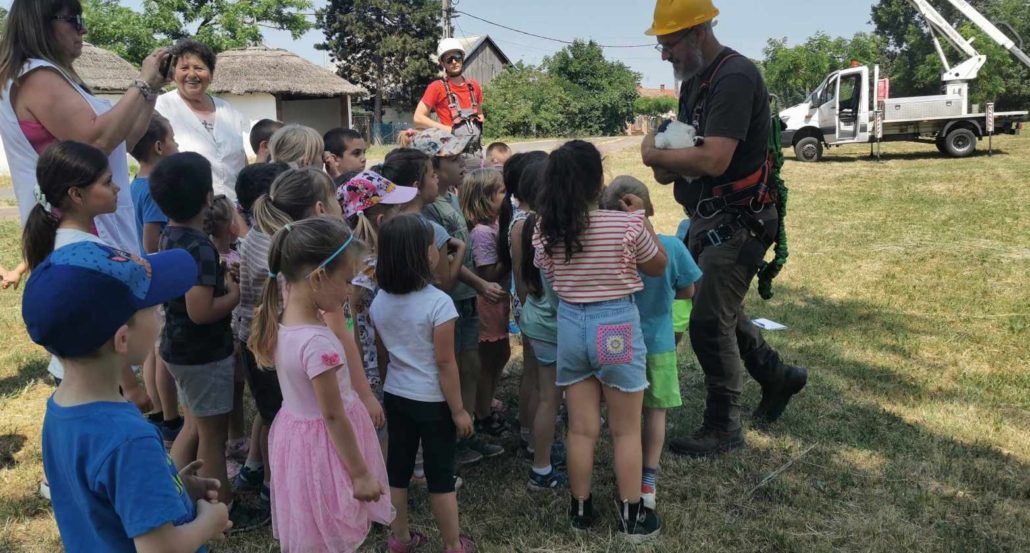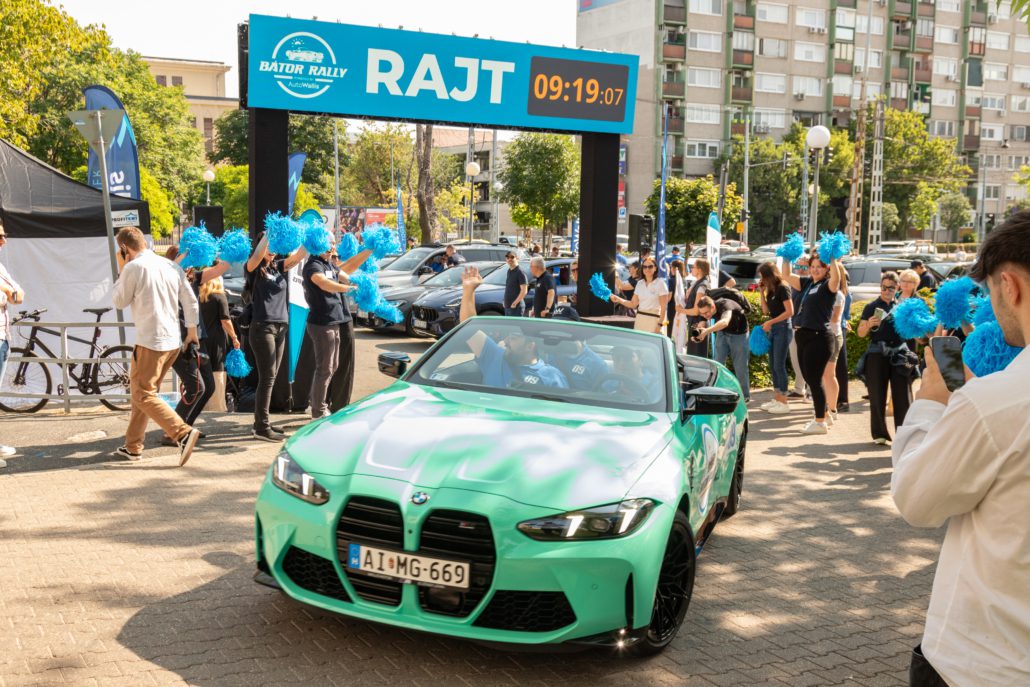Jász-Plasztik Ltd. has been committed to high-quality plastic processing for 35 years. In addition to our wide range of technologies, we place great emphasis on reducing waste and thus on the topic of proper recycling. Recent years have highlighted that consciously designed product manufacturing can be a good foundation for a sustainable future.
It is important to mention that our company has been involved in the recycling of pre-sorted waste collected from the public for more than 10 years, namely PET bottles, PE bags, and lead-acid batteries. All of these recycled materials are integrated into the products manufactured by our company, thereby contributing to reinforcing the circular economy model.
It is well-known that plastics can be recycled very effectively when treated properly, and thus protecting our environment and promoting greater consumer awareness. Our commitment is clearly demonstrated by the fact that we support high-quality recycling with mechanical and material testing in our own R&D laboratory, and we even provide education for the next generation through university cooperations.
One of the activities of Jász-Plasztik Ltd. is producing packaging materials that are in line with the latest trends, with a strong focus on food packaging. For about 10 years, we’ve been operating our own PET bottle recycling line, where we use the washed PET granulate to make crystal-clear PET foils through extrusion, which is the material of our 100% RPET vacuum-formed trays and egg trays. In addition, we also have decontamination-granulation technology that produces high-purity plastic PET regranulate. This RPET granulate is a raw material that is 100% usable and food-contactable according to a certificate issued by the European Food Safety Authority (EFSA). This means that it can even facilitate the integration of PET beverage bottles into a circular economy model.

Our technological process was registered by the European Food Safety Authority (EFSA) in 2018 under the number EFSA-Q-2018-00529. The new Regulation 2022/1616 made it necessary to re-certify our existing process. As a result of the certification audit, our recycling technology received positive reviews from both EFSA and the Hungarian National Food Chain Safety Office (Nébih). Our company has thus received the identifiers RIN:HU3-2O1-0I6, RON:HU3-5FN-0O6 and RFN:HU3-7G6-0FT required for distribution within the European Union, which enables us to supply regranulates (that also serve as raw materials for beverage bottles) with a quality certificate in compliance with EFSA regulations. Our food industry partners are very satisfied with using our recycled raw materials for the production of their preforms and/or bottles. Of course, we also use it for all of Jász-Plasztik Ltd.’s consumer-available own-brand products, such as windscreen washers and ion-exchanged waters.
Lastly, in July 2025, the European Commission accepted our recycling process and officially acknowledged our performance. We’re proud that Jász-Plasztik Ltd. is proving that environmentally conscious plastic processing is possible. Furthermore, it is our personal mission to encourage our partners and consumer communities alike to build a shared, conscious, liveable future.













